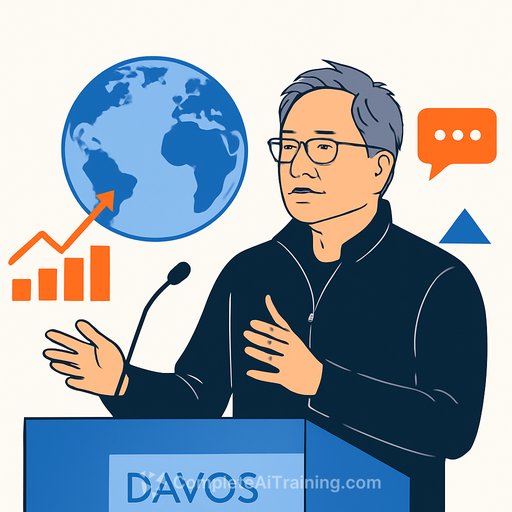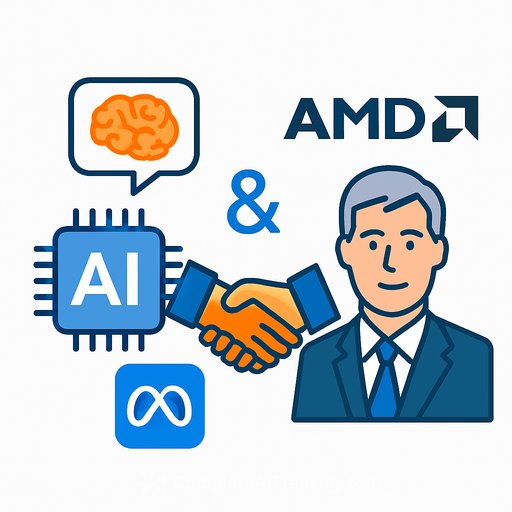New AI Masters for Finance Pros: MScT AI MaQI at Institut Polytechnique
A new Masters built for quants and risk teams is here. It's called MScT AI MaQI - "AI for Markets and Quantitative Investment" - a two-year, English-taught program run by Institut Polytechnique de Paris with Ensae, a French school known for statistics.
Who's behind it
The course is led by Charles-Albert Lehalle, a heavyweight in the French quant community. Before becoming a professor at Polytechnique, he ran global quantitative research at ADIA and earlier at Crédit Agricole. He's been working in machine learning for finance for 25 years, starting with his PhD.
What you'll learn
The structure is simple and focused on outcomes:
- Year 1: Machine learning, AI, and quant finance fundamentals - portfolio construction, time series, dimension reduction, model complexity, and overfitting.
- Year 2: Applying ML to real financial questions - risk, scenario testing, and now-casting. There's also an extra module on large language models.
Lehalle's view is clear: AI helps human alpha generators more than it replaces them. It speeds up risk pricing and lets teams test many scenarios quickly. It can also help interpret alternative data and improve now-casting, which can give portfolio managers an edge.
Selectivity and format
- Seats: 25
- Applicants so far: ~200
- Admission: Academic history + a 20-minute interview
- Language: English
- Length and cost: Two years, €19k per year
Who should consider this
- Risk professionals who want ML tools to price, stress test, and explore scenarios faster.
- Quant researchers and engineers looking to deepen ML foundations while staying close to markets.
- PMs who want an edge from alternative data and now-casting while keeping human discretion at the center.
Career outcomes and partners
Graduates may land roles at hedge funds or banks. The program lists Qube Research & Technologies as a partner; BNP Paribas CIB is a partner too. That signals demand across both buy side and sell side for applied ML skills with market context.
How to assess the ROI
- Relevance: Are you closer to risk, research, or PM? This program skews toward risk and research, with targeted tools for PMs.
- Application: Can you bring ML into a live process within 6-12 months of study? Think: faster risk pricing, cleaner signals from alternative data.
- Network: Access to partners and peers may be as valuable as the curriculum.
- Timing: With only 25 seats and 200+ applicants, move early if you're serious.
How to prep before you apply
- Refresh linear algebra, probability, statistics, and time series.
- Practice Python with NumPy, pandas, scikit-learn, and basic PyTorch.
- Build a compact project: a risk-pricing prototype, a now-casting pipeline, or a dimension-reduction workflow for a large factor set.
- Be ready to explain bias/variance trade-offs, overfitting controls, and how you'd validate a model for market use.
If you want a broader scan of practical AI tools for finance while you evaluate programs, this resource is useful: AI tools for finance.
Learn more about the host institution here: Institut Polytechnique de Paris.
Your membership also unlocks:






